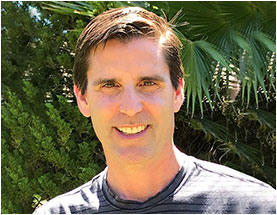Freedom of Movement, Evolution, and Nature's Hierarchy System: Dr. Bejan Talks about His New Book
Description
Mechanical engineering professor Dr. Adrian Bejan explains how his new book takes on the hierarchy system of natural movement.
He explains the gist of this theory by discussing
- how from an engineering point of view, evolution is possible because movement is possible,
- why this freedom of movement makes change possible, and
- how this freedom of movement and change means hierarchy is unavoidable.
In this podcast Dr. Adrian Bejan, distinguished professor at Duke University and author of more than thirty books, discusses the ideas that propel his new book, Freedom and Evolution: Hierarchy in Nature, Society and Science.
He explains connections between different disciplines to give a fuller picture of his idea. For example, he discusses the impact of society on science such that in technology, we talk in terms of evolution toward greater economy, easier life, and greater health. He asserts that these improvements and directions are due to changes that are possible because these moving parts have the freedom to change.
He provides one example central to the approach in his new book: he tells listeners to think of evolution as a universal phenomenon and evokes an aerial view of the Mississippi river basin. He discusses the constant readjustment of the small tributaries due to force and movement. Essential however and evocative of the impact of society on science is the hierarchical nature of these relationships.
Ultimately what you see, he says, is the cohabiting of the few large with the many small: the big channel is not exploiting the many small, but rather the hierarchy works together in stasis or harmony.
For more information, find his new book , Freedom and Evolution: Hierarchy in Nature, Society and Science for sale through most booksellers including Amazon and see his page on the Duke web site: https://mems.duke.edu/faculty/adrian-bejan
























